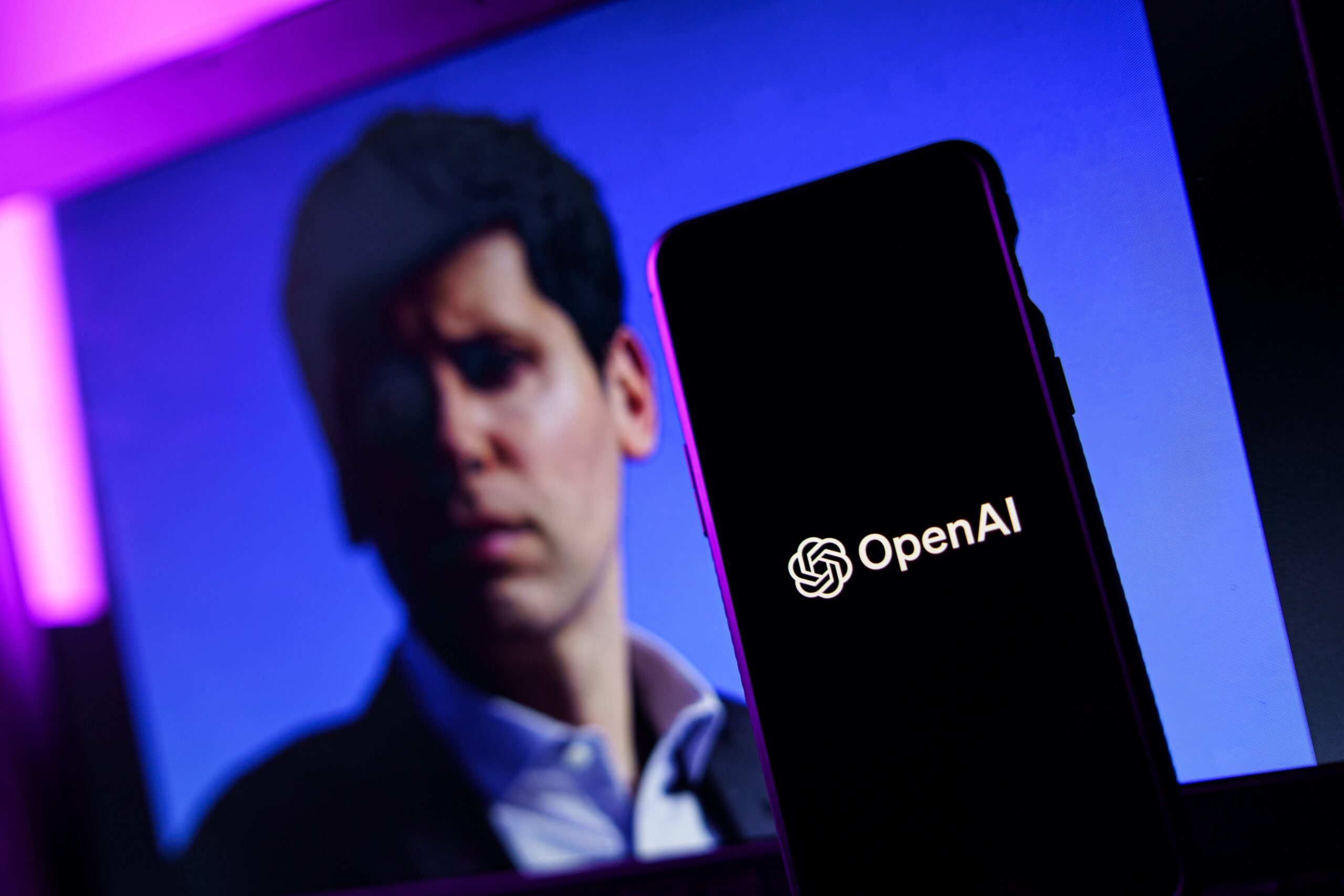Key Insights:
- Emails unveil Musk’s early push for OpenAI’s bold $1bn funding goal, challenging his lawsuit’s claims against the AI giant’s for-profit shift.
- OpenAI’s journey from non-profit idealism to a $80bn valuation showcases tensions in balancing visionary AI goals with pragmatic business strategies.
- Musk’s legal battle with OpenAI underscores deep divides over AI’s future, ethics, and governance, spotlighting the tech industry’s complex dynamics.
OpenAI has responded to Elon Musk’s lawsuit with a release of emails that reveal the billionaire’s early support for the AI startup’s transformation into a for-profit entity. These communications directly challenge the allegations Musk leveled against the company he co-founded, particularly his criticism of OpenAI’s partnership with Microsoft and its move away from its original non-profit ethos. This revelation not only sheds light on the internal dynamics of OpenAI’s early days but also highlights the complexities of aligning visionary goals with pragmatic business strategies in the fast-evolving tech landscape.
Musk’s Push for Ambitious Funding
The emails unveiled by OpenAI show Musk advocating for a bold financial strategy right from the start. Contrary to the modest $100 million fundraising goal initially set by co-founders Sam Altman and Greg Brockman, Musk urged for a commitment of $1 billion. His rationale was clear: a significant funding base was essential to avoid the perception of inadequacy in the ambitious field of AI development. This push for a larger financial foundation underscores Musk’s influence in steering the company’s strategic direction from its inception, positioning OpenAI as a formidable player in the competitive AI arena.
Transitioning to a For-Profit Model
As OpenAI grappled with the limitations imposed by its non-profit status, discussions around transitioning to a for-profit model gained momentum in 2017. The narrative shared by OpenAI’s leadership team reveals Musk’s substantial demands during this critical phase, including majority equity, board control, and the CEO position.

CypherMindHQ.com Artificial Intelligence Crypto Trading System - Surpass the competition with this cutting-edge AI system! Utilize the prowess of innovative algorithms and amplify your crypto trading strategies with CypherMindHQ. Learn more today!
Moreover, these demands highlighted a fundamental divergence in vision, with Musk’s proposals increasingly at odds with the company’s core mission. A particularly contentious suggestion was Musk’s idea to merge OpenAI with Tesla, leveraging the automotive giant as a “cash cow” to fund AI development. This proposal marked a significant turning point, leading to Musk’s reduced involvement with OpenAI as the company pursued its path without him.
Navigating Growth and Governance Challenges
Despite the departure from its initial non-profit model, OpenAI has witnessed remarkable growth, achieving a valuation of approximately $80 billion and securing over $2 billion in annualized revenue. This success has been propelled by strategic investments, notably a multi-billion dollar commitment from Microsoft, positioning OpenAI as a leader in the AI sector. However, this rapid expansion has not been without its governance challenges, including scrutiny from regulatory bodies and internal boardroom disputes that have sparked public interest and debate.
The Legal Battle with Musk
Amidst this backdrop of innovation and controversy, Musk’s legal action against OpenAI introduces a new chapter in the complex relationship between the tech mogul and the AI startup. Musk’s lawsuit, predicated on the claim that OpenAI deviated from its founding principles by prioritizing profit over public access to AI advancements, underscores the tension between commercial success and the ethical implications of AI technology. As Musk ventures into his own AI project, the dispute with OpenAI not only highlights competing visions for the future of artificial intelligence but also reflects broader debates on governance, accountability, and the societal impact of AI.
In releasing the emails, OpenAI seeks to counter Musk’s narrative, emphasizing his initial support for the company’s strategic pivot and challenging the basis of his lawsuit. This move adds a new dimension to the unfolding drama, underscoring the complexity of navigating the ethical and business challenges inherent in the AI industry.
Editorial credit: Rokas Tenys / Shutterstock.com



